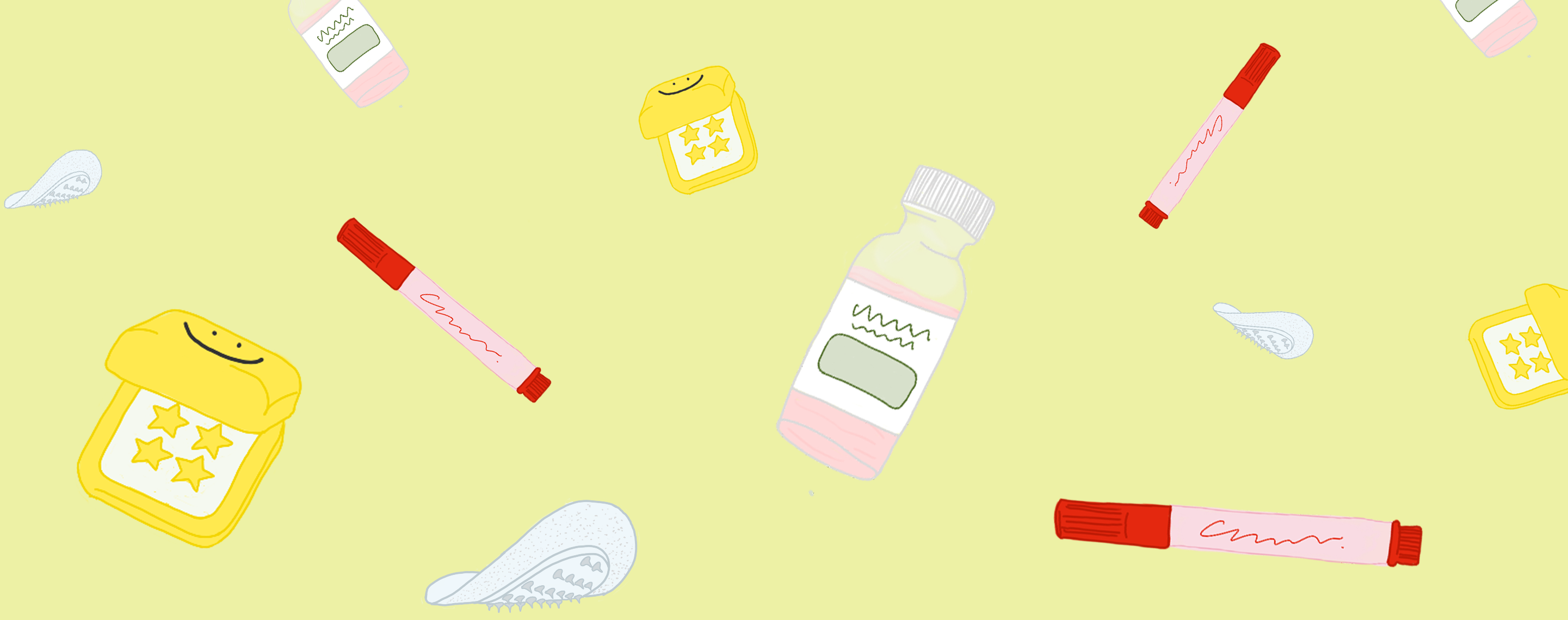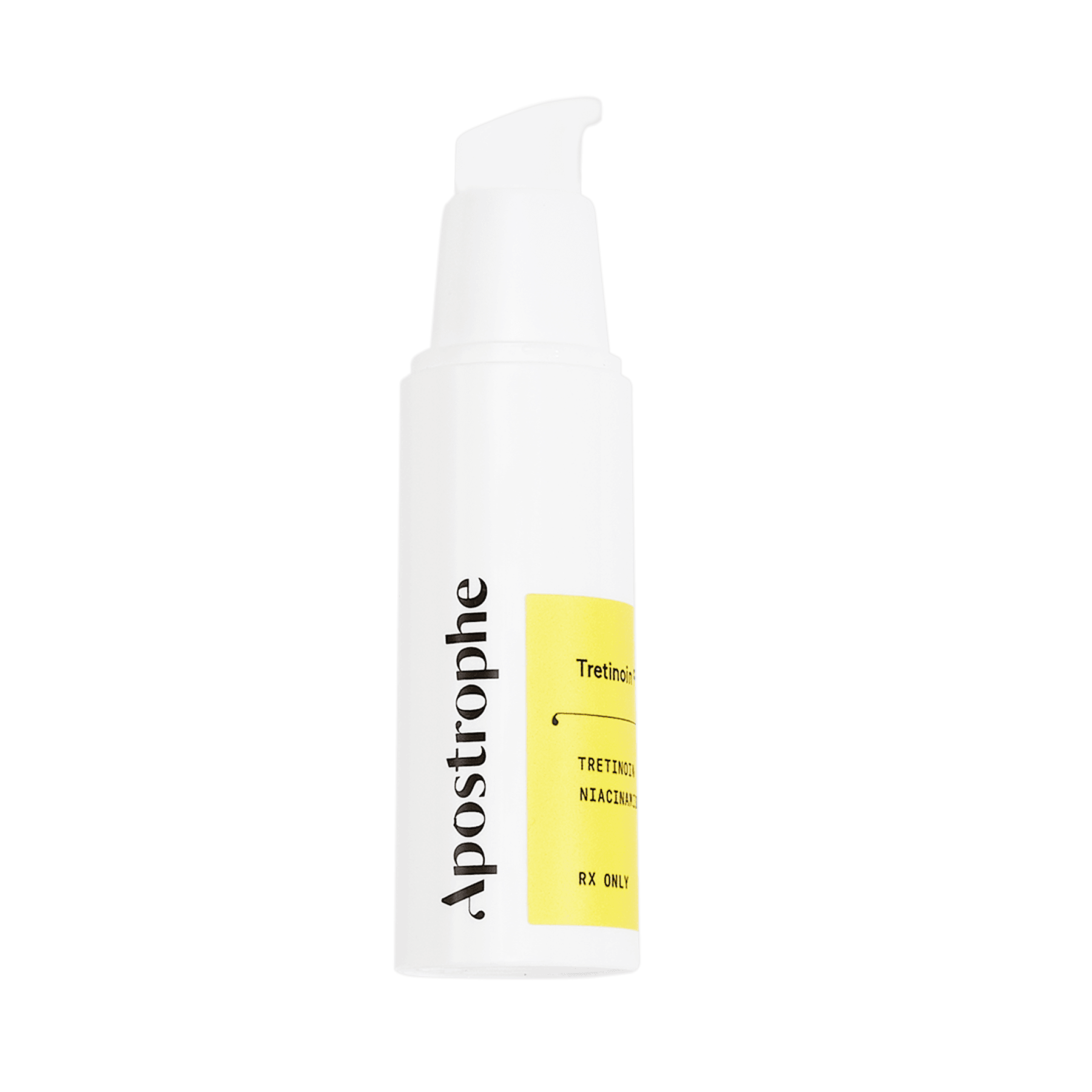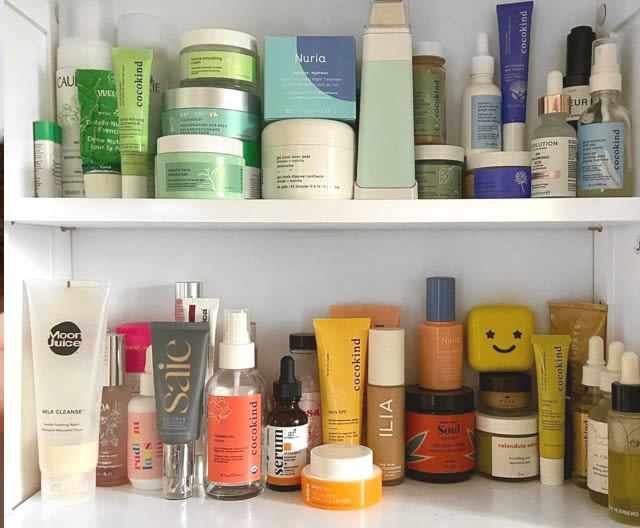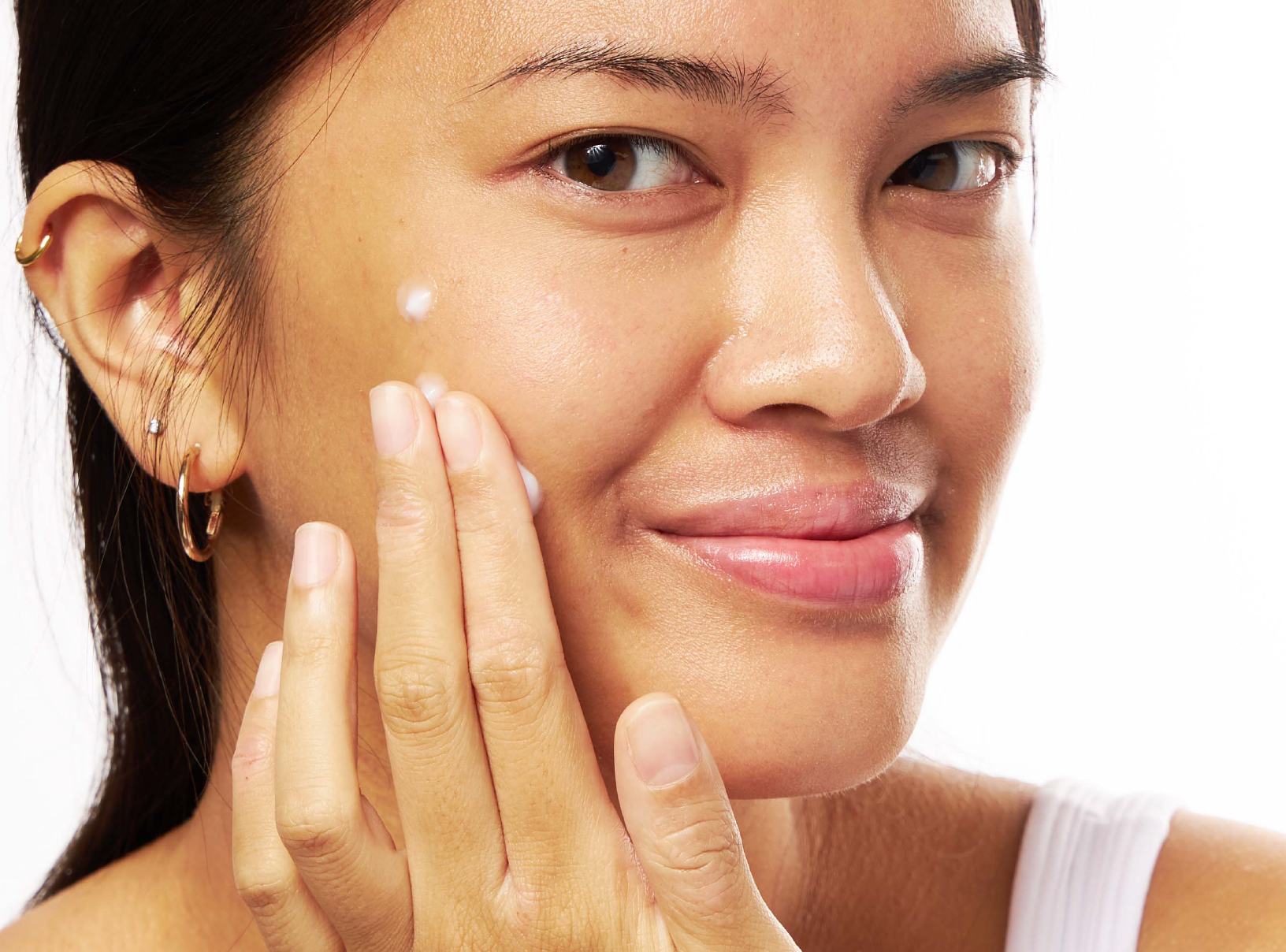Deep Dives
Should You Use an Acne Spot Treatment?


SHARE
Deep Dives
Should You Use an Acne Spot Treatment?
Medically reviewed by Aimee Paik, MD
Written by Annie Lam
Last updated 4/6/2022
Ever wish you could wave a wand and have your acne disappear? Acne spot treatments market themselves as “quick fixes” for surfaced breakouts. These targeted acne treatments have been around for years, but new innovative types of spot treatments have been quickly gaining popularity. With so many acne treatments on the market, it’s difficult to know what to look for - like if you should be using a spot treatment or an all-over acne treatment. So today we’re breaking down the most popular types of spot treatments and if you should be including them in your routine.
What are Acne Spot Treatments?
Acne spot treatments are meant to be used on an “as needed” basis to provide targeted treatment for your breakouts. They’re applied directly on active breakouts to quickly treat surface-level pimples like papules and pustules. Many spot treatments use tried and true ingredients like salicylic acid, benzoyl peroxide, and sulfur to treat breakouts and calm inflammation. There are a wide variety of spot treatments on the market, but they are generally most helpful for occasional, minor breakouts.
The Different Types of Acne Spot Treatments
Drying lotions are one of the most popular types of acne spot treatments. These are typically applied with a cotton swab, and have alcohol at the top of the bottle to prevent the formula from drying out. Drying lotions are often formulated with a combination of sulfur, zinc oxide, salicylic acid, and calamine lotion to clear out excess oil/sebum and “dry out” active pimples.
Serum spot treatments are another popular choice. These serums are meant to be applied directly to active breakouts to deliver acne-fighting ingredients like salicylic acid or benzoyl peroxide. These spot treatments can help remove dead skin cells, reduce redness/inflammation, and target occasional breakouts.
Hydrocolloid pimple patches have been all the rage in the skincare industry lately, and they’re even derm-approved to be used alongside your prescription treatments. Hydrocolloid patches create a moist environment to help draw out pus from your pimples and speed up the healing process. They also serve as a barrier to prevent picking and can even be used during the day or under makeup.
Microdart pimple patches are a newer type of pimple patch that have tiny microdarts that can help deliver ingredients like tea tree oil or salicylic acid deeper into the pimple to help treat them. These are typically recommended for use on “under the skin” pimples that tend to be more inflamed and painful.
Should You Use a Spot Treatment or All-Over Acne Treatment?
When it comes to deciding between using a spot or all-over acne treatment, most dermatologists prefer all-over acne treatments. Spot treatments are more of a “quick fix” for occasional breakouts, but they can’t prevent new breakouts from forming. Using an all-over acne treatment long-term is more effective in preventing new breakouts and treating more severe cases of acne. It’s best to use all-over acne treatments regularly to help clear and prevent breakouts.
Can you use them together? Our derms typically recommend avoiding using all-over acne treatments with traditional spot treatments (like drying lotions or serum spot treatments) to avoid potential irritation. It’s best to be patient and allow the all-over acne treatments to treat your breakouts over time. However, hydrocolloid pimple patches are a great complement to prescription treatments to help protect your skin as it heals. This type of spot treatment works well with whiteheads or popped pimples.
So while spot treatments can be effective, they’re best suited for occasional, mild breakouts. If you have more severe acne or you’re looking to keep acne under control long-term, it’s best to use a clinically-proven acne treatment like tretinoin to treat and prevent breakouts. Want to get professional acne treatment online? Get a customized acne treatment plan crafted by a board-certified dermatologist!
Shop this post

Tretinoin
Like what you just read? Sign up for our email list to get the scoop on skincare science delivered straight to your inbox.

Education
What is milia?
What is milia? Today, we’re jumping into one type of bump that you may have heard about most commonly in infants — milia.
Read More
Education
Best moisturizer for acne-prone skin
If you have combination acne-prone skin, figuring out which moisturizer is best for your skin might be tough. In this guide, we break down the best moisturizer for combination, acne-prone skin.
Read More
Education
How to build a face care routine
As you get into skincare, it might seem overwhelming, especially trying to figure out the order you're supposed to apply products in. Below, we detail how to build a face care routine for your skin!
Read More
